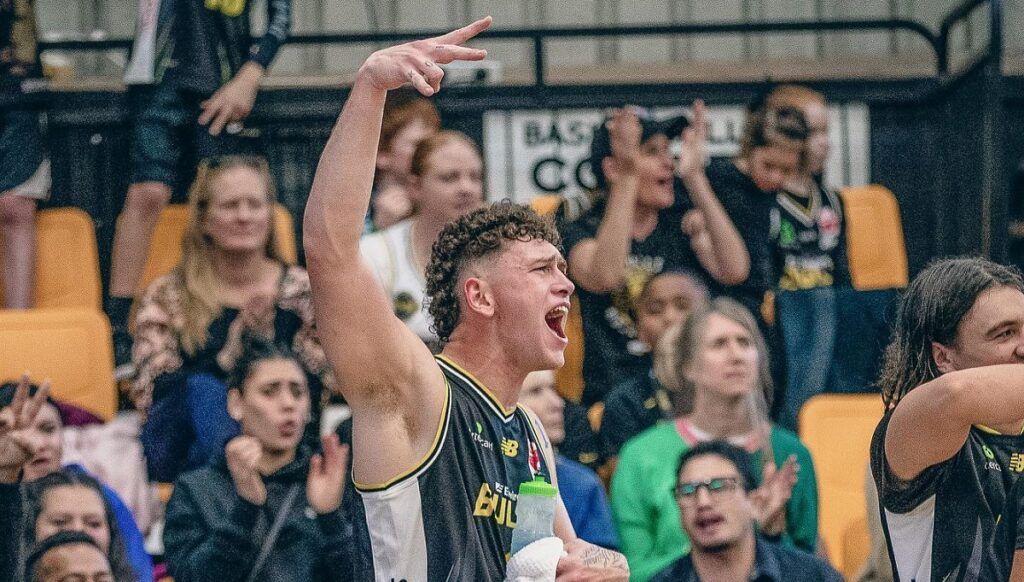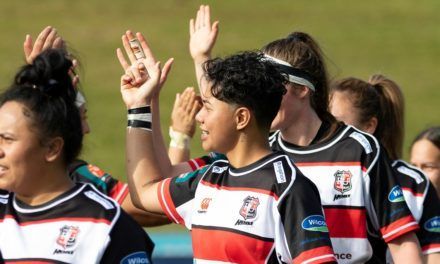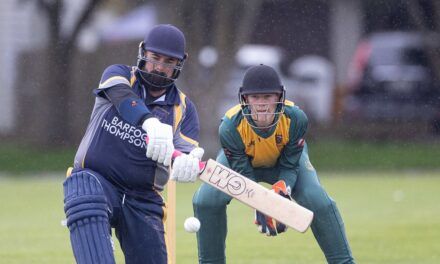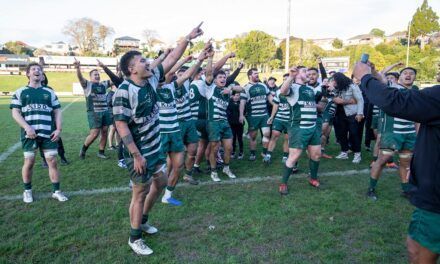


By Dale Budge
The current rift between Franklin Basketball Association and Franklin Pool & Leisure Centre is concerning but the bigger worry is what does the future hold for basketball in this region.
Let’s get a couple of things straight – basketball is by many metrics the biggest sport in New Zealand already and projects to be number one in almost all metrics within the next decade.
Let that sink in for a moment – basketball is going to be bigger than rugby by almost all measures very soon.
No sport does more betting turnover [a significant measure of a sport’s popularity) at the TAB than basketball. Sport NZ refers to it as the fastest growing sport in New Zealand and the Sal’s NBL (the old national league) outrated Super Rugby games in terms of TV audiences this year – something that would have been unheard of in years gone by.
The younger generation debates what NBA teams should do in free agency or at the trade deadline more than they debate who should wear the All Blacks #10 jumper these days. Pay TV, social media and online gaming has changed the sporting landscape, even if those that are over 40 aren’t fully aware of it.
Franklin Basketball had 600 weekly members just two years ago and now that number is at 1,450.
Basketball is here to stay but are we ready for it?
Once you sort through the “he said, she said” posturing from both sides of this current dispute, we land at the root of the problem. There are not enough courts and facilities to comfortably cater for the size of the sport in Franklin as it is right now, let alone in the future.
Belgravia, the Council-appointed private company that manages Franklin Pool & Leisure Centre, is wanting to reduce the number of hours Franklin Basketball has access to the venue currently so that other groups such as indoor netball and pickle ball can make use of the facility.
Granted, this venue is a multi-purpose facility and basketball has no exclusive or guaranteed right to it, but it is does bring the biggest number of users to the table by some margin.
So, what is more important – 100 kids playing basketball for a night or 10 people playing pickle ball? Is the better use of a tapped-out resource, giving access to a greater number of groups or to a greater number of people in total?
And what is that decision going to look like in a couple of years when it might be more like 500 kids without a place to play basketball?
Then there is the cost scenario to consider. Belgravia’s mandate is to turn a profit. They do that by clipping the ticket on the user. Can they make more revenue by bringing in more groups? If you wanted to draw a long bow, you could even suggest that without Franklin Basketball around, Belgravia could run basketball competitions and clip the ticket more than they currently do. Whatever way you skin it, basketball and the people that play it are far better off with Franklin Basketball Association managing the sport.
So, what plans do Auckland Council have to build more facilities? Franklin is just one of five affiliated associations in the greater Auckland region. North Harbour, Waitakere, Auckland, and Counties Manukau all face similar issues as the sport continues to grow.
A recent study found that the Franklin region alone will need eight courts by 2040 to keep up with demand – it currently has three.
Auckland Council offered a wishy-washy response to the question of what they plan to do to cater for the projected enormous growth of the sport in the coming years.
They talked about a finite resource and doing the best they can.
Unfortunately burying heads in hands and rocking away in the corner is not the answer to these problems and unless something is done now, that problem is going to get much bigger at an exponential rate.
If this were rugby, the issue would be front and centre and there would be plans to deal with the impending boom of the sport because it matters to the generation that controls the purse strings and makes council decisions.
A proper solution needs to be at the front of Auckland Council’s thinking and should be a significant topic ahead of the upcoming local body elections.












Recent Comments